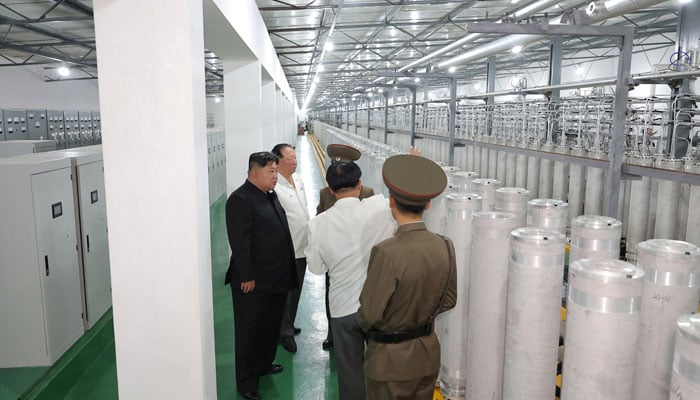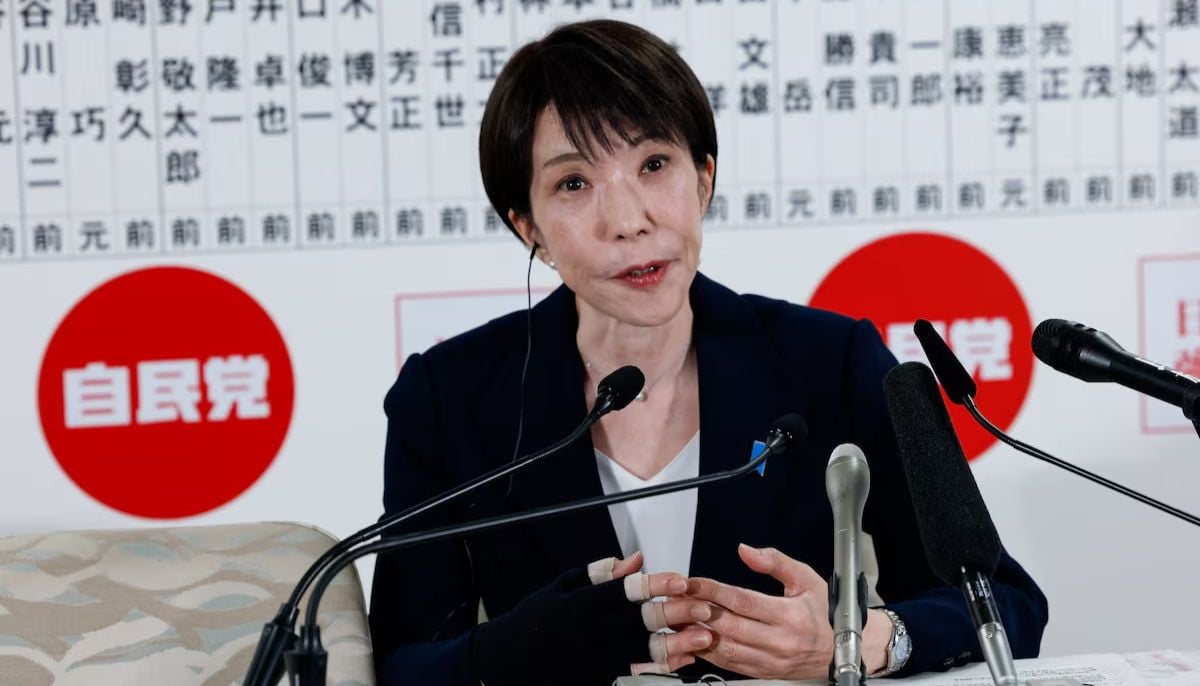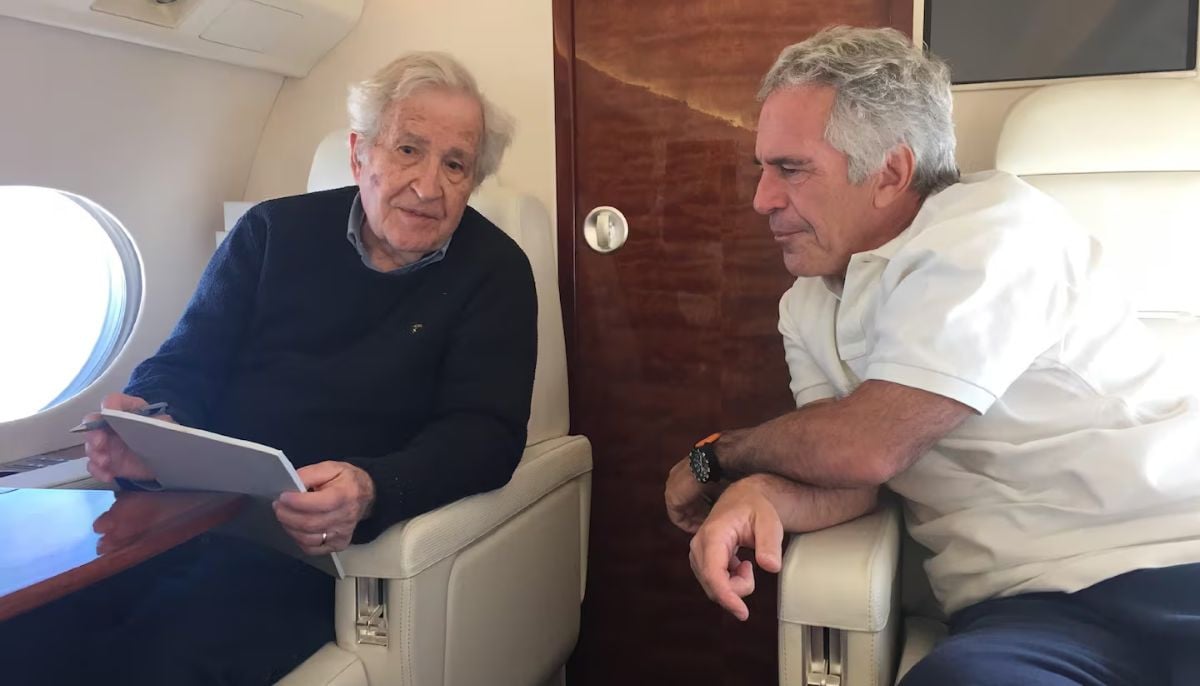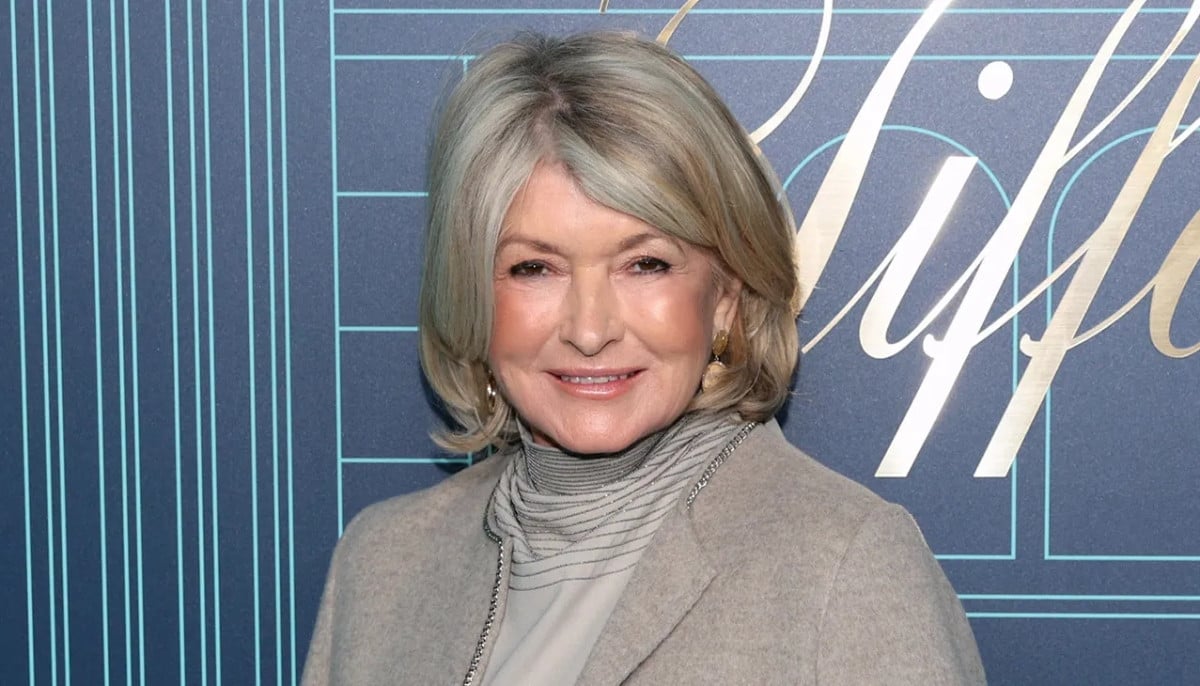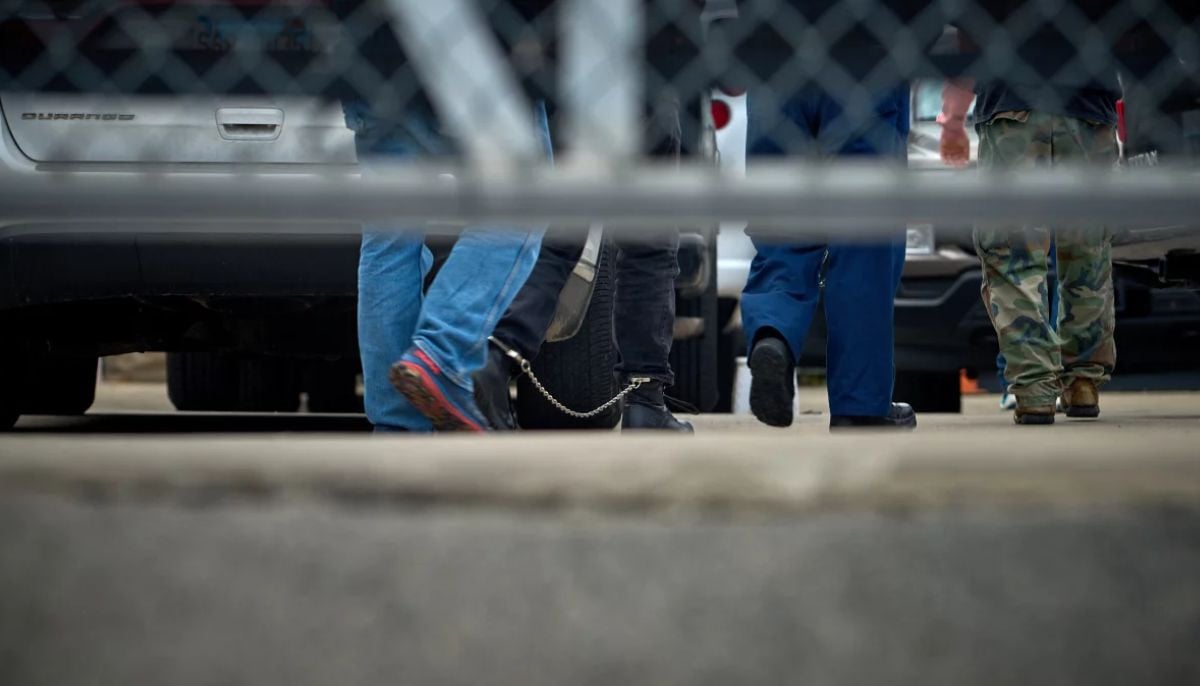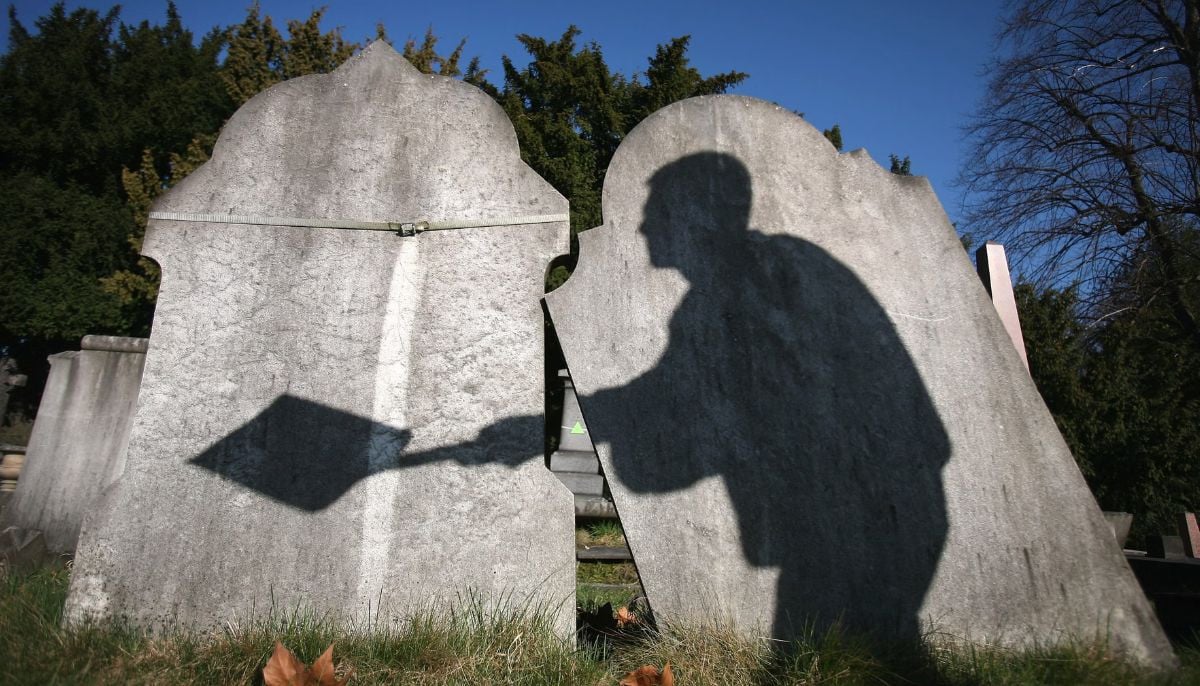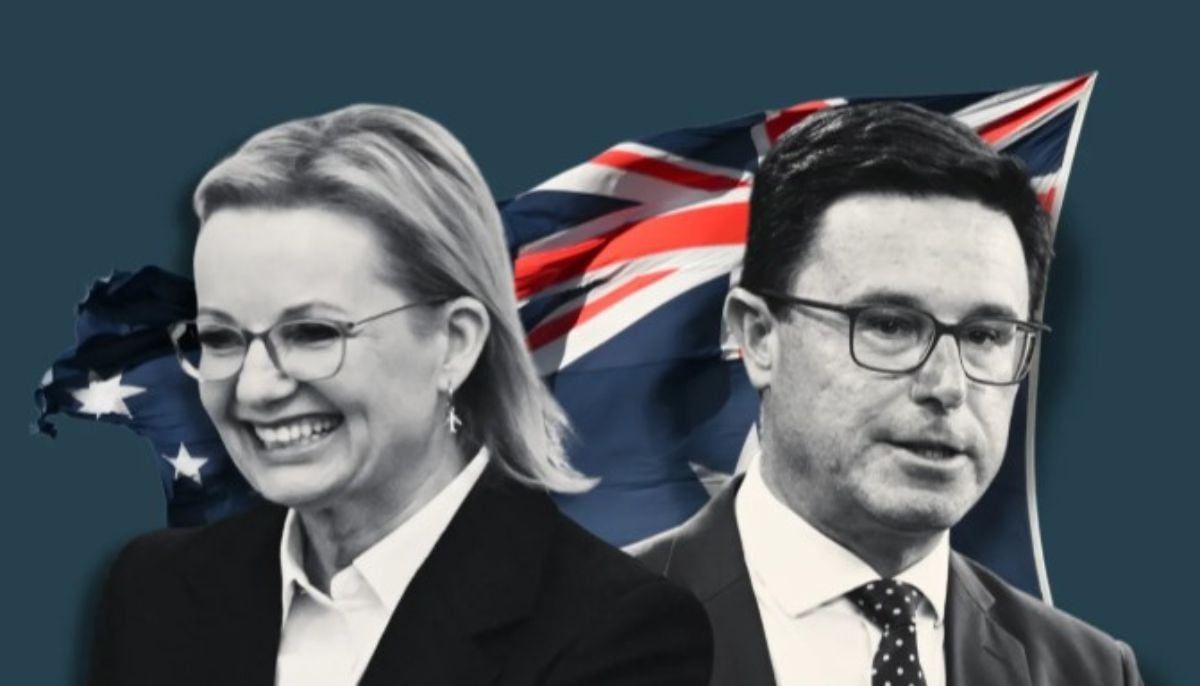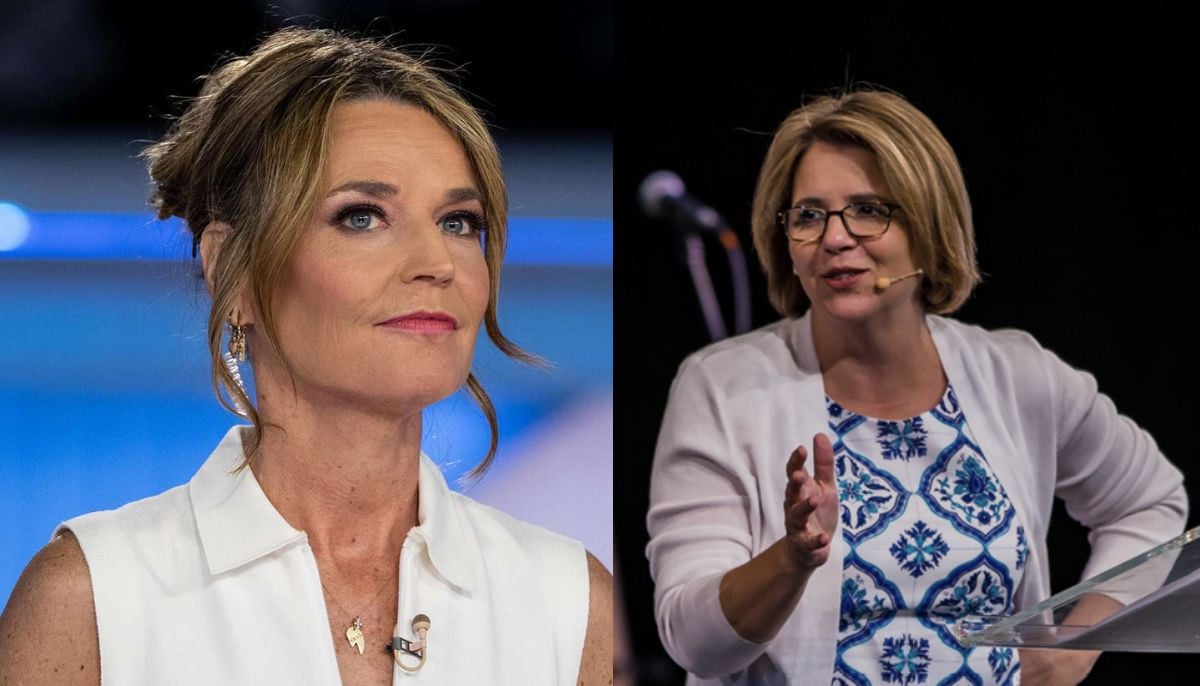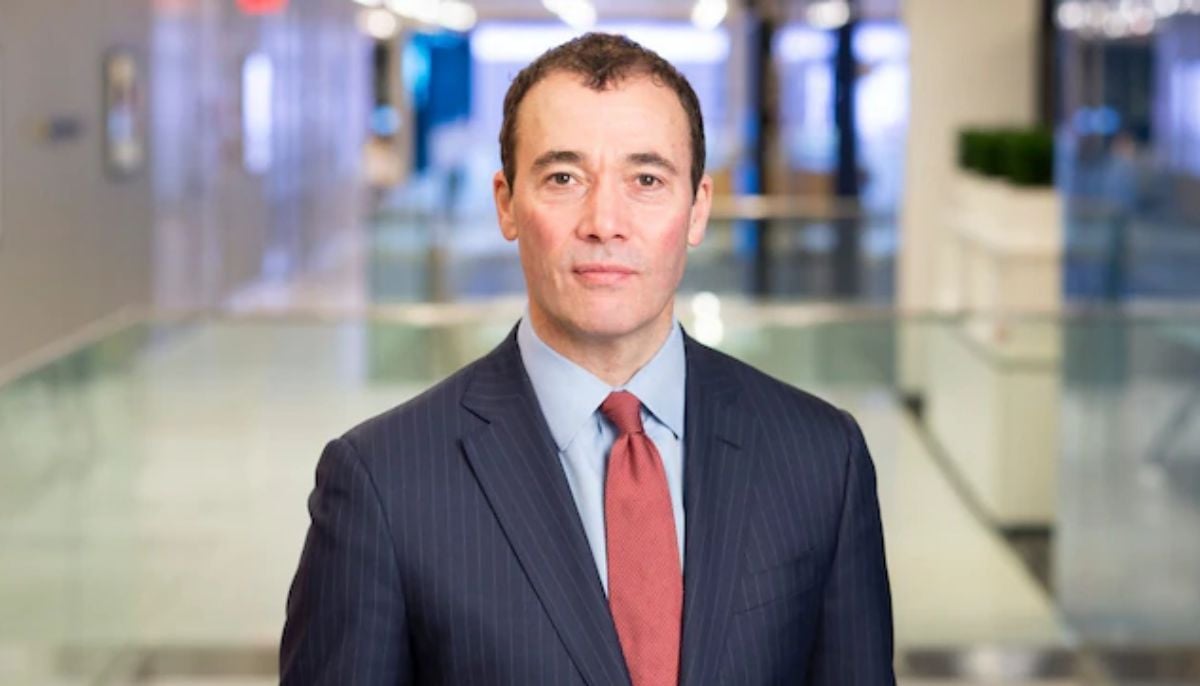Kim calls for increase in materials for tactical nuclear bombs
New type of centrifuge shows North Korea is advancing its fuel cycle capabilities, says Ankit Panda
SEOUL: North Korean leader Kim Jong Un visited a uranium enrichment facility and called for new centrifuges to produce more weapons-grade material for nuclear bombs, state media KCNA reported on Friday.
The report on Kim's visit to the Nuclear Weapons Institute and a production base for weapon-grade nuclear materials was accompanied by photos giving a rare glimpse inside North Korea's nuclear programme, which is banned under multiple United Nations Security Council resolutions.
The photos showed Kim walking between long rows of metal centrifuges, the machines that enrich uranium. The report did not make clear when the visit occurred nor the facility's location.
Kim urged workers to produce more materials for tactical nuclear weapons, saying the country's nuclear arsenal is vital for confronting threats from the United States and its allies.
The weapons are needed for "self-defence and the capability for a preemptive attack," he said.
The North Korean leader said "anti-DPRK nuclear threats" from the "US imperialists-led vassal forces" have crossed the red-line, according to the report.
North Korea is believed to have several sites for enriching uranium. Analysts say commercial satellite imagery has shown construction in recent years at the main Yongbyon Nuclear Scientific Research Center, including its uranium enrichment plant, suggesting possible expansion.
Uranium is a radioactive element that exists naturally. To make nuclear fuel, raw uranium undergoes processes that result in a material with an increased concentration of the isotope uranium-235.
International Atomic Energy Agency chief Rafael Grossi said on Monday that the U.N. nuclear watchdog had observed activity consistent with the operation of a reactor and the reported centrifuge enrichment facility at Yongbyon.
Kim stressed the need to increase the number of centrifuges so as to "exponentially increase" the nuclear weapons and expand use of a new type of centrifuge to further strengthen the production of weapon-grade nuclear materials.
The new type of centrifuge shows North Korea is advancing its fuel cycle capabilities, said Ankit Panda of the US-based Carnegie Endowment for International Peace.
"Kim also appears to suggest that North Korean tactical nuclear weapons designs may primarily rely on uranium for their cores," he said.
This is notable because North Korea is more able to scale up its highly enriched uranium stockpiles, Panda said, compared to the more complicated process for plutonium.
Estimates of the number of North Korean nuclear weapons varies widely. In July a report by the Federation of American Scientists concluded that the country may have produced enough fissile material to build up to 90 nuclear warheads, but that it has likely assembled closer to 50.
Kim also oversaw the test launch of a new 600mm multiple launch rocket system on Thursday and inspected the training base of the special operation armed force of North Korea's armyto guide a combatants drill held on Wednesday, according to separate KCNA reports.
In a statement carried by KCNA, North Korea's foreign ministry institute spokesperson criticized a recent defence ministerial meeting between member states of the US-led United Nations Command in Seoul, calling it a "war organization."
Germany joined the command last month, becoming the 18th nation in a group that helps police the heavily fortified border with North Korea and has committed to defend the South in the event of a war.
-
Martha Stewart on surviving rigorous times amid upcoming memoir release
-
18-month old on life-saving medication returned to ICE detention
-
Cardi B says THIS about Bad Bunny's Grammy statement
-
Chicago child, 8, dead after 'months of abuse, starvation', two arrested
-
Funeral home owner sentenced to 40 years for selling corpses, faking ashes
-
Australia’s Liberal-National coalition reunites after brief split over hate laws
-
Savannah Guthrie addresses ransom demands made by her mother Nancy's kidnappers
-
Washington Post CEO William Lewis resigns after sweeping layoffs
